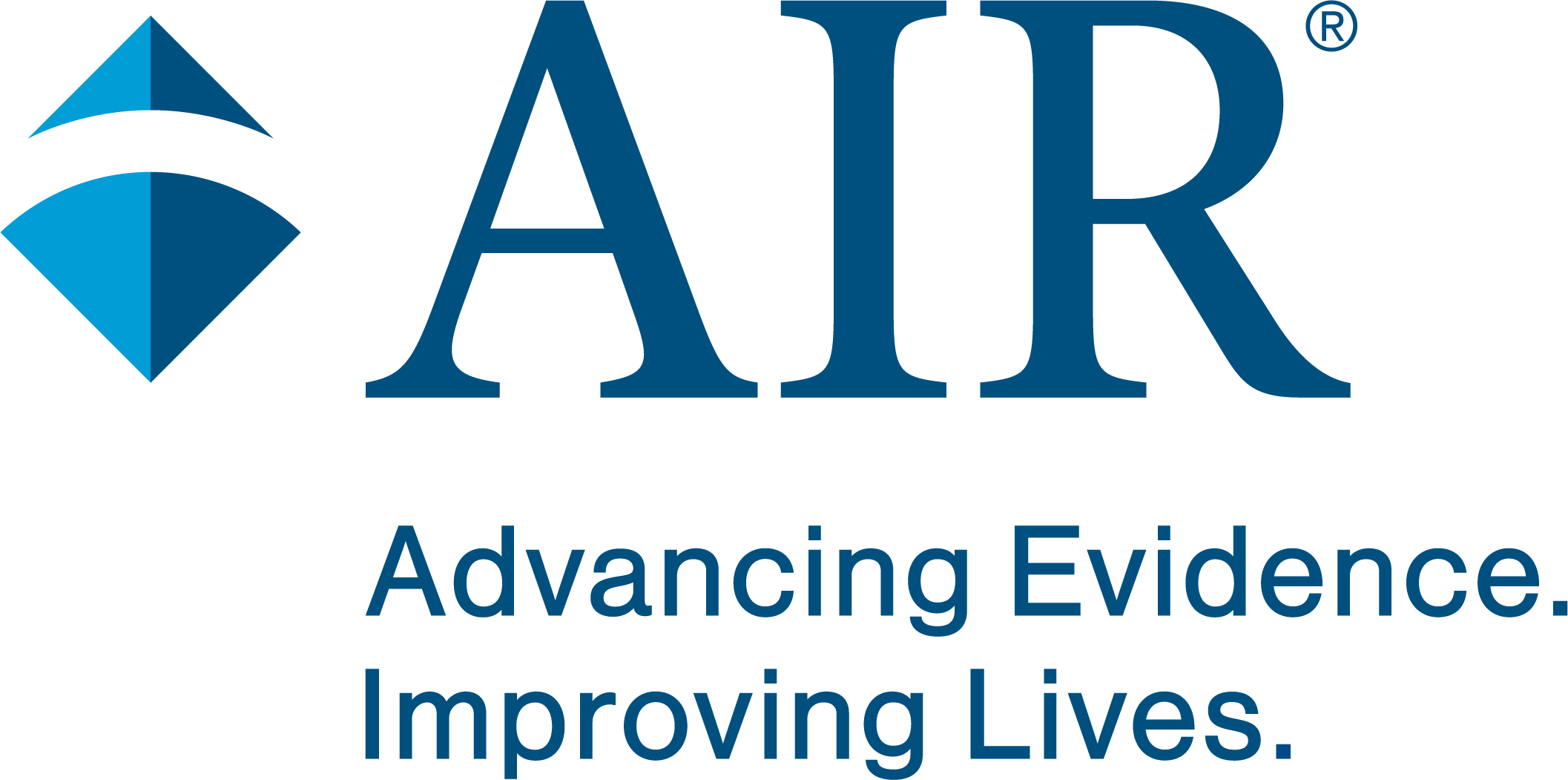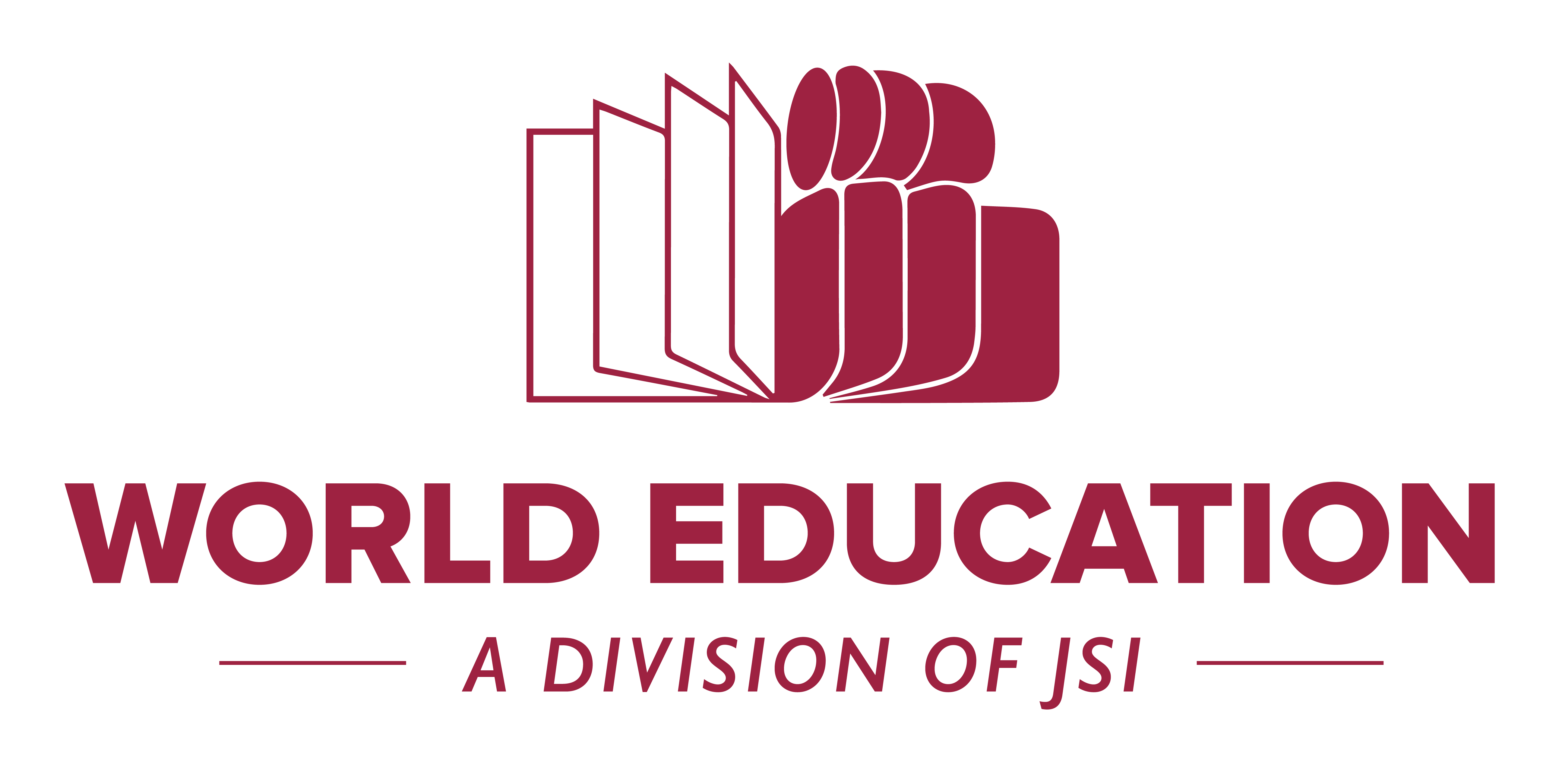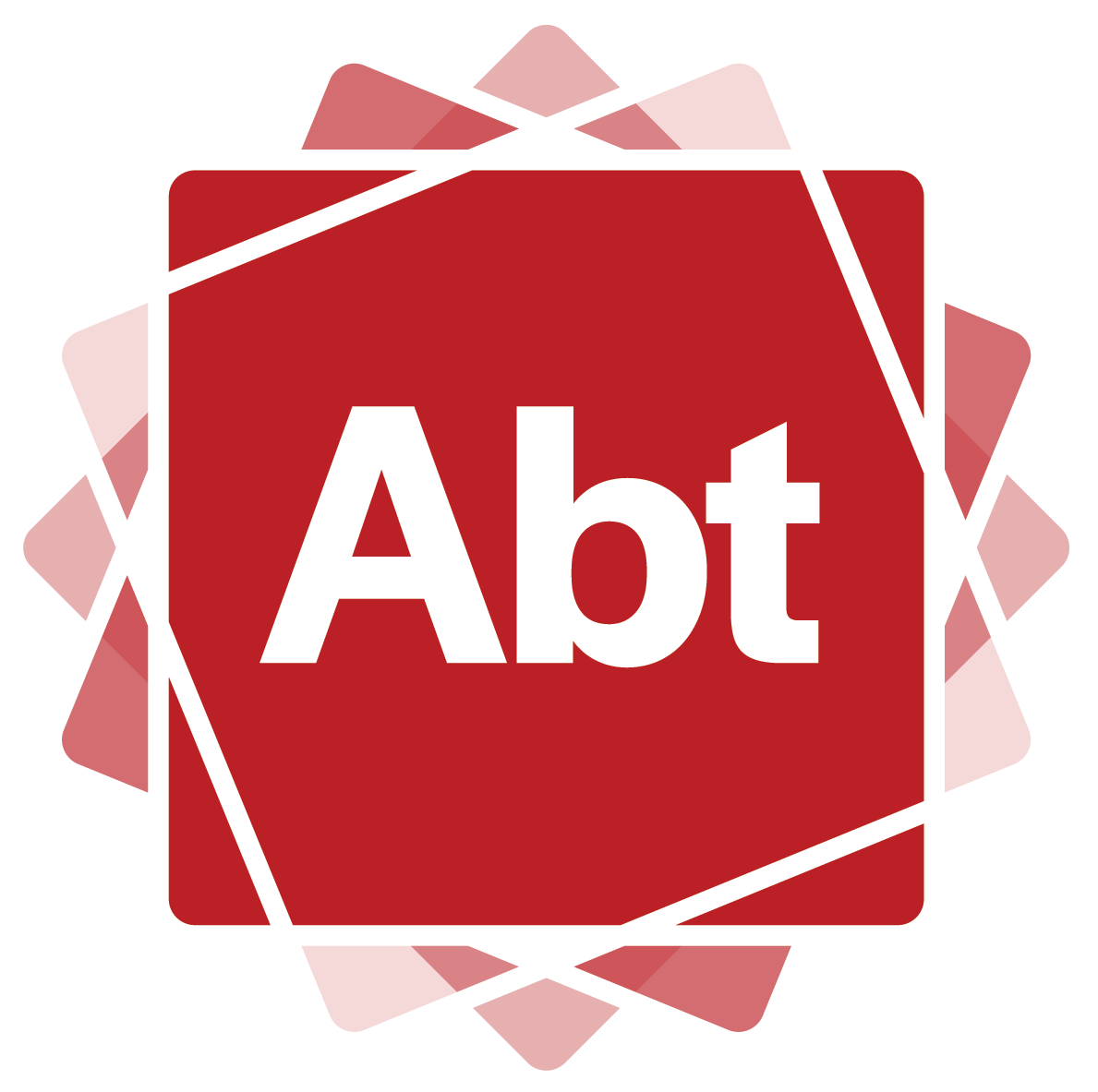The aim of the CREATE Edtech Technical Assistance (TA) Library is to provide guidance to practitioners and adult education leaders on integrating or advancing instruction through edtech and other digital technology. Resources include technology integration and digital skills frameworks, technology adoption checklists, webinars highlighting promising resources and strategies, and technology enhanced lesson plans and guidance.
Each submitted resource has been evaluated by internal subject matter experts from World Education to determine their viability for inclusion, their alignment to one or more technical assistance categories (informed by prior research and the expertise represented in the CREATE Adult Skills Network), and their quality of content, structure, and guidance. The technical assistance categories in this library include:
- Planning technology use;
- Communicating with learners;
- Managing content/instruction;
- Determining instructional content;
- Providing instruction through different modes; and
- Assessment
You can locate resources through the categories or by keyword search.
We welcome feedback on our contributions, categorization, and tagging. To report a broken link for any of our resources, please click on the “submit feedback” button seen above and fill out the form.
Do consider nominating a technical assistance resource, by clicking on the "submit new resource" button seen above and fill out the form. Submissions are reviewed monthly and will be added to the library if approved.
Read more
As you think about integrating digital literacy into core instructional practices, project-based learning (PBL) can be a powerful approach to customizing teaching and learning that responds to your students’ needs and interests. In this workshop, learn about ways you can develop and use PBL activities that address adult learning and development theory and promote persistence.
Do you want your students to really learn vocabulary? Word knowledge is a strong predictor of academic success, and through effective vocabulary instruction, students can develop literacy, retain what they learn, and use new vocabulary effectively. Participants will learn a process for teaching vocabulary that, when infused with technology, enhances engagement in students as well as vocabulary production and retention.
This presentation will demonstrate how to create assessments for students using Zoom and Google. The same techniques are transferable and can be applied to other online meeting and cloud tools. Step-by-step instructions to create interactive, authentic assessments for adult learners will be demonstrated. In addition, the presenter will familiarize participants with other types of formative and summative assessments.
During this webinar recording, listen to a deep dive into a handful of engaging, free reading resources that can be used to support evidence-based reading instruction (alphabetics, comprehension, vocabulary, comprehension) with learners of all levels. Explore these resources along with strategies for using them, learn practical tips for effective implementation, and consider how what you learn now can be used, not just in our current teaching and learning context, but incorporated into your future, everyday instructional practice.
Teaching online is much different than teaching face-to-face in a traditional classroom. This webinar discusses the differences of remote teaching, what it takes to be a good online teacher, what technical skills are needed, and where you can find additional help for all of the above.
This OTAN Tech Talk will discuss approaches that encourage the voices of students and strengthen student commitment to their learning. The aim of the presentation is to discuss research-based strategies that explore digital preferences when learning in adult education settings. The power and influence of student voice in the transformation and leadership of our programs will be discussed and innovative practices in technology-rich environments will be reviewed.
The Digital Access and Resilience in Texas (DART) curriculum integrates beginning English language learning with foundational digital skills. The curriculum is intended to supplement existing English language instruction in lower-level adult English as a Second Language (ESL) classes. DART is an adaptation of the A-OK To Access curriculum developed for Tyson by the same authors.
The DART curriculum provides the foundation that lower-level English language learners need to recognize and type the wide variety of characters required for most online passwords. The curriculum focuses on teaching students the skills necessary to accomplish eight major "milestones" on the way to successfully creating and logging in and out of an online account.
Many online tools now allow teachers to create and have students play games individually, in teams, and for homework. Many also allow students to create their own games or flashcards. In this webinar, you will learn how to search for games or flashcard sets for study, develop games, and flashcard sets, and monitor progress (through formative assessment, for example) using one or several online tools including: Kahoot, Quizlet, Quizizz, and/or others.
In this webinar, hear from panelists share their experiences and describe the models they use to teach in-person and online. Hear about strategies they have adapted and adopted and the lessons they have learned. They explain: The technology they use and related costs, other supports they have put in place to effectively support and engage both online and in-person students, and protocols and supports that help students access learning and understand expectations.
Guest presenter, Charlotte Parliament, Literacy and Essential Skills Program Coordinator at Simcoe County District School Board, shares how she uses Google Apps, such as Google Sites, Forms, Sheets and Docs, to set up and manage intake, as well as digital skills and learning styles assessments online.
As emerging needs for remote instruction swept across the state, colleagues come together in this webinar to network and discuss strategies for developing an online class. This webinar focuses on learning how to modify face-to-face content for online instruction, and Identify best practices for online instruction including keeping students informed of the progress and staying connected.
This publication shares findings from the Digital Resilience in the American Workforce (DRAW) initiative landscape scan and responds to questions raised in interviews with learners and practitioners about how educators can best support adult learners in developing the digital skills required to secure a better future for themselves.







